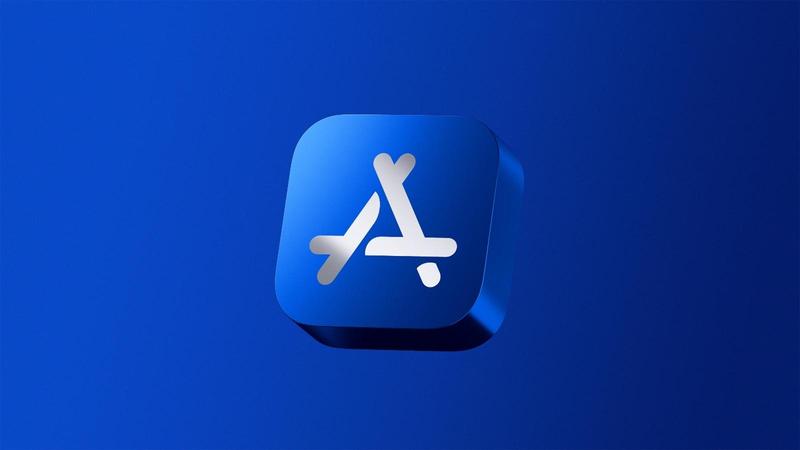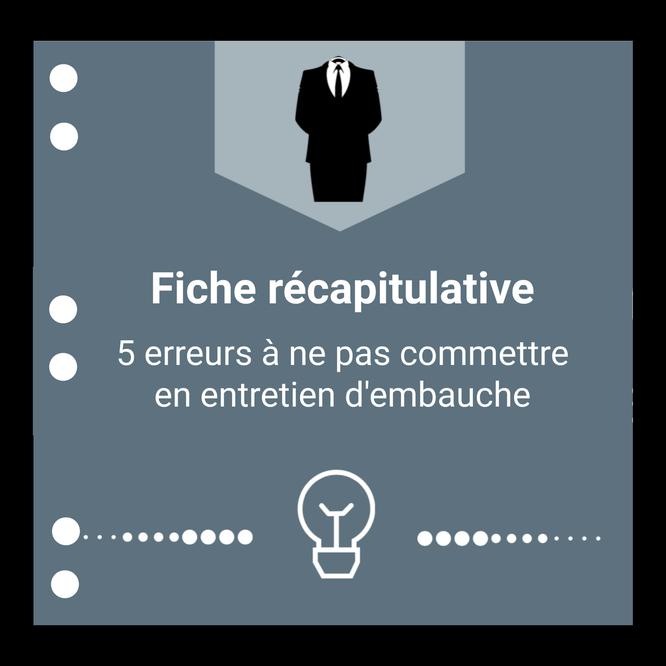App Store: India could be the next country to force Apple to change its policy on in-app purchases
Apple is facing an antitrust probe in India for allegedly abusing its dominant position in the app market by forcing developers to use its proprietary in-app purchase system, according to a source and documents seen by Reuters. was triggered by a little-known non-profit group that argues that Apple's fees of up to 30% harm competition by increasing costs for app developers and customers, while also acting as a barrier to market entry. "The existence of the 30% commission means that some app developers will never reach the market It could also harm consumers," read the complaint, which was seen by Reuters. Unlike the Indian court cases , records and details of cases reviewed by the Competition Commission of India (CIC) are not made public. In the coming weeks, the CIC will review the case and may order its investigative department to conduct a broader investigation, or dismiss it altogether if it finds no merit, said a source familiar with the matter. There is a good chance that an investigation can be ordered, also because the EU has launched an investigation,” said the person, who declined to be identified as details of the case are not public. The plaintiff, the nonprofit Together We Fight Society, based in the western Indian state of Rajasthan, told Reuters in a statement that it had filed a complaint in the interest of protecting Indian consumers and startups. In India, although Apple's iOS was running on just 2% of the 520 million smartphones at the end of 2020 (the rest using Android) according to measurements by Counterpoint Research , the latter claims that the American company's smartphone base in the country has more than doubled in the last five years. And in India in particular, the regulator is currently carrying out a similar investigation with regard to in-app payments Android, Google requires developers to use its proprietary payment system when they go through Play Store. Google and Android dominate the Indian smartphone market, with the operating system active on 98% of the 520 million devices in use in the country by the end of 2020. It will be interesting to see if more countries follow the current legal trend. In the meantime, let's take a look around to see the changes taking place in the world.
Case of South KoreaSouth Korea has passed a written bill to prevent major owners platforms like Google and Apple to limit app developers to integrated payment systems. The bill is now expected to be signed into law by President Moon Jae-in, whose party championed the legislation. The bill passed 180 to zero votes, making South Korea the first major economic power to pass. such legislation. The South Korean bill will provide the option for users to choose a payment system when purchasing apps. "This law will certainly set a precedent for other countries, as well as for publishers apps and content creators around the world,” Kang Ki-hwan of the Korea Mobile Internet Business Association told AFP. In-app purchases only pass through their systems, instead of external payment processors, allowing major tech brands to receive a 30% discount. If tech companies don't comply with the new law, they face fines of up to 3% of their South Korean revenue. The law is an amendment to South Korea's Telecommunications Business Act, and it could have a big impact on how the Google Play Store and Apple App Store do business globally. South Korea's National Assembly passed the bill on Tuesday. Neither company is happy with it. In a statement, Google defended its service fee, which it said "helps keep Android free" and gives developers "the tools and global platform to access billions of consumers around the world." it costs developers money to build an app, it costs us money to build and maintain an operating system and an app store,” a Google spokesperson said.“We will consider how to comply with this law while maintaining a model that supports a high-quality operating system and app store, and we will share more in the coming weeks.”
Case of JapanApple said it will let developers of reader-like apps (think Netflix, Spotify and Amazon's Kindle app) link their customers directly to their own sign-up website , where they could potentially bypass Apple's in-app payment system (and its 30% fee) entirely. In a press release, Apple says the move will end an investigation by the Japan Fair Trade Commission (JFTC) and that it will only apply to this type of "player" apps for now (a category that was originally designed by Apple to appease companies like Netflix and Hulu by allowing them to leave users simply sign in to their existing account instead of signing up for a new subscription through the App Store and having to pay Apple's fees). The particularity of this measure is that it will extend to the world. Here is Apple's press release on this subject: "Apple today announced an upcoming update on the App Store which closes an of the Japan Fair Trade Commission (JFTC). The update will allow developers of "player" apps to include a link in the app to their website for users to create or manage an account. While the agreement has been reached with the JFTC, Apple will apply this change globally to all reading apps in the store. Reading apps provide previously purchased content or content subscriptions for magazines, newspapers, books, digital audio, music and video. "To ensure a safe and seamless user experience, the guidelines of the App Store require developers to sell digital services and subscriptions using Apple's in-app payment system. Since developers of reading apps do not offer in-app digital goods and services for purchase, Apple has agreed with the JFTC to allow developers of these apps to share a unique link to their website. to help users set up and manage their account." Before the change takes effect in early 2022, Apple will update its guidelines and review process to ensure that users of reading apps continue to have a safe experience on the App Store. While in-app purchases through the App Store commerce system remain the safest and most trusted payment methods for users, Apple will also help reader app developers protect users when linking them to a site. External web to make purchases.” “Trust on the App Store is everything to us. The App Store's goal is always to create a safe and secure experience for users, while helping them find and use great apps on the devices they love,” said Phil Schiller, Apple Fellow. who oversees the App Store. "We have great respect for the Japan Fair Trade Commission and appreciate the work we have done together that will help reader app developers make it easier for users to set up and manage their apps and services, while protecting their privacy and preserving their trust.” The JFTC confirmed the agreement in a press release, saying Apple's decision would “eliminate the alleged violation of antimonopoly law.” The commission, which has been investigating Apple since 2016, said the company has pledged to report on the status of app review transparency once a year for the next three years. According to the JFTC, Apple has proposed to change its app review guidelines in response to the investigation.
US caseApple will finally let developers inform users of purchase options available in outside of the iOS App Store. The iPhone maker agreed to that concession and others, including $100 million in developer payments, as part of a proposed class action lawsuit settlement filed by two app developers in 2019.Apple and developer plaintiffs who sued the company have filed motions urging a federal judge to approve the settlement. The settlement will see Apple create amended guidelines that will allow developers to use communications,such as email, to share information about payment methods outside of their iOS app. Developers won't have to pay Apple commission on purchases made outside of their app or the App Store. The settlement ends a two-year class action lawsuit that was filed by approximately 67,000 developers whose applications resided in the App Store Marketplace. “Apple has agreed to revise its App Store guidelines to allow developers of all app categories to communicate with consenting customers outside of their app, including via email and other communication services, about methods of purchase other than in-app purchase... This injunction is extremely valuable. By informing customers of alternative payment options, developers can avoid paying Apple's commissions and, additionally, put competitive pressure on Apple to discipline its prices,” the plaintiffs said. developers to inform users about non-App Store purchasing options within apps themselves, requiring this communication to take place outside of apps. App makers could contact customers using email addresses and phone numbers obtained in their apps and tell them how to purchase subscriptions and other digital content on the developers' own websites or elsewhere .Apple currently does not allow developers to "use contact information (emails, phone numbers, etc.) obtained within an app to contact their user base outside of the app", which " effectively prevents developers from alerting their customers to alternative payment options,” the complainants recall. “The proposed settlement lifts this restriction, and it does so for all app categories.” The iPhone maker has also agreed to publish an annual transparency report that provides statistics on the number of apps rejected and why. for which they were rejected, the number of deactivated customer and developer accounts, objective data concerning queries and search results, and the number of applications removed from the App Store.
The Apple-Google duopoly in the sights of several regulators around the worldRussia requires devices running Android or iOS to be sold with pre-installed apps created by Russian developers, and Australia is considering regulating services like Apple Pay and Google Pay . In the United States, three senators proposed in August a law aimed at regulating the two dominant firms and forcing the Google-Apple duopoly to open up much more to competition. European parliamentarians are also discussing such a law.

Tags:
what apps are hurting phone performance




![PAU - [ Altern@tives-P@loises ] PAU - [ Altern@tives-P@loises ]](http://website-google-hk.oss-cn-hongkong.aliyuncs.com/drawing/179/2022-3-2/21584.jpeg)

![Good deal: 15% bonus credit on App Store cards of €25 and more [completed] 🆕 | iGeneration Good deal: 15% bonus credit on App Store cards of €25 and more [completed] 🆕 | iGeneration](http://website-google-hk.oss-cn-hongkong.aliyuncs.com/drawing/179/2022-3-2/21870.jpeg)





Related Articles